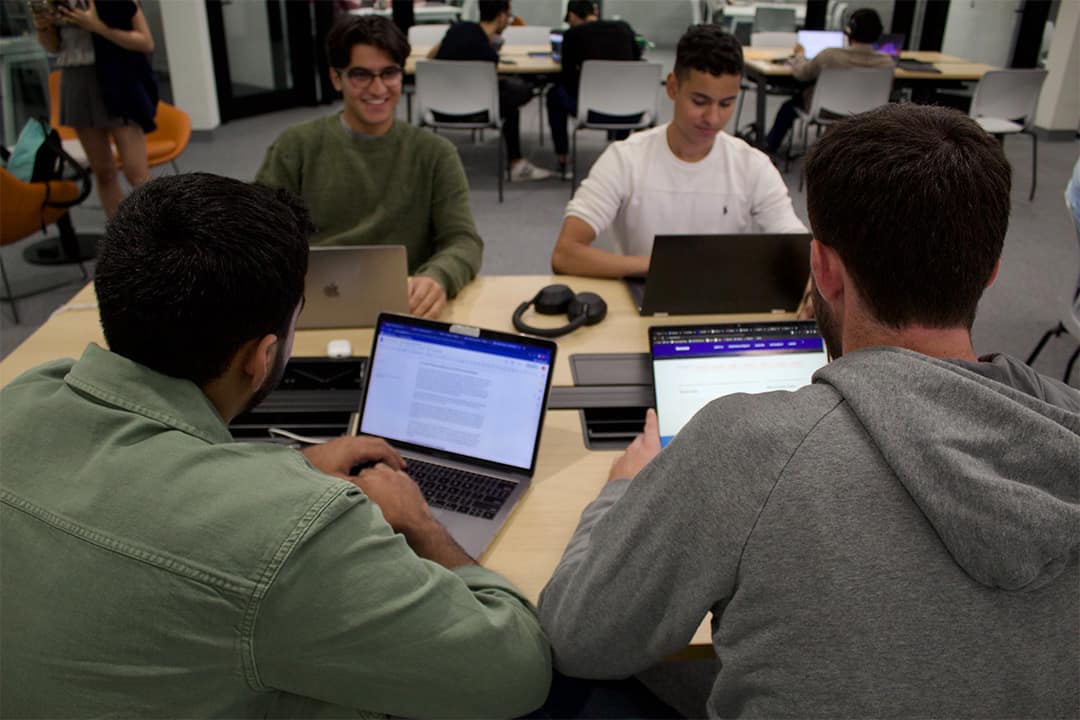Each day, as I ride the TTC on my way to U of T, a message resonates through the train’s speakers: “To help keep the TTC safe, report any suspicious activity to a member of staff or the police. If you see something, say something.”
This seemingly straightforward call to civic responsibility is more complex than it seems in some contexts. When it comes to the academic world — a realm where we ought to expect the highest standards of integrity — speaking out against wrongdoing may not be rewarded, but may very well spell your downfall instead. Despite its esteemed reputation, academia isn’t free from bullying and institutional betrayal. A study from the Federation of European Biochemical Societies warned that opposing misconduct in academia often leads to punishment, not praise.
In my view, this chilling effect of punishing opposition threatens academic freedom, as it goes beyond mere disagreements to potentially ruin careers and reputations. We must pay attention to the pandemic of rampant bullying in academic corridors and delve deep into real-life case studies that exemplify the catastrophic impact of institutional betrayal.
Aspiring academics often face a bleak choice between enduring the harassment or risking retaliation by speaking out. From my experience, I’ve found that academics’ efforts are met with undue criticism, while emotional exhaustion erodes their determination. This grim reality often feels inescapable in a culture rife with bystander apathy.
Morteza Mahmoudi, the founder of the Academic Parity Movement, described in a Scientific American opinion article a biased internal investigation system that fails to deliver justice and invites further retaliation. While early-career professors can leave toxic workplaces, vulnerable graduate students remain trapped because their careers and degrees are at risk.
A 2021 paper about academic bullying by Sherry Moss and Mahmoudi defines it as “a sustained hostile behavior from one’s academic superior including, but not limited to, ridiculing, threatening, blaming, invasion of privacy, and put-downs in front of others.” The paper also mentions that the abuse can involve “interference with matriculation and career progress by removing funding, writing falsely negative recommendation letters, taking credit for others’ work, and threatening to cancel visas or fellowships.”
Despite universities broadcasting a seemingly endless loop of virtue-signalling messages that preach equity and diversity, the prevalence of academic bullying continues to soar. Research conducted by Moss and Mahmoudi in 2021 reveals the staggering scope of this issue: 84 per cent of academic professionals reported experiencing abusive supervision, and the majority of targets were graduate students or postdoctoral students.
Surveys from Australia, the UK, and the US show that over 40 per cent of university students have faced sexual harassment; 28 per cent of U.S. postdoctoral students also reported harassment, mainly from faculty or staff. A 2017 study found that women of colour in astronomy and planetary science were more likely to skip events due to safety concerns, while a 2016 survey revealed that one-third of 2SLGBTQ+ physicists considered leaving their institutions.
The 2021 study by Moss and Mahmoudi indicates that 58 per cent of targets felt complaint outcomes were “unfair and biased,” while just eight per cent considered them “fair and unbiased.” This raises questions about how universities can continue to conduct biased investigations while ignoring the emotional toll of such injustices.
When Science Magazine examined Moss and Mahmoudi’s research on accounts of bullying and harassment in academia, they discovered testimonies of individuals experiencing nausea before entering labs with unsettling work environments, giving up on dreams of becoming a professor, and being given mere seconds for a restroom break by their principal investigator.
Academic bullying is not merely a black mark on academic institutions; it’s an indelible stain on the very fabric of our intellectual community. Institutions built to foster innovation and knowledge betray their fundamental ethos. I wonder how we can talk about academic freedom when fear and retribution shackle scholars. How can we talk about intellectual integrity when the guardians of knowledge are its very defilers?
Most people who report bullying, harassment, and discrimination face reprisals, even though such abuse is illegal. It’s time we pull back the curtain on this insidious problem that threatens not just individual careers but the soul of academia itself. I believe we must bring this dark underbelly into the light, challenge the complicit structures, and silence the bullies rather than the victims. We don’t need to merely survive academic bullying; we need to eradicate it.
For more comprehensive coverage of this issue and resources for victims, refer to the Canadian Institute of Workplace Bullying Resources’ article, “Surviving Academic Bullying: Stories and Resources for Targets” by myself and Linda Crockett. Let us not just be a bystander in this unfolding crisis.
As the TTC message echoes in our minds, let it be a call to action, transforming each of us into watchdogs for justice. It’s not just about keeping a transit system safe; it’s about preserving the sanctity of spaces designed for intellectual pursuit and growth. If academia won’t police itself, then it’s high time we, the students and the public, hold it accountable. After all, silence is complicity, and complicity is a luxury we can no longer afford; as Martin Luther King Jr. said, ‘The time is always right to do what is right.’
Debanjan Borthakur is a third-year PhD student at the psychology department at U of T. He is a CUPE steward, a member of Academic Parity Movement, and works as a researcher with the Canadian Institute of Workplace Bullying.


